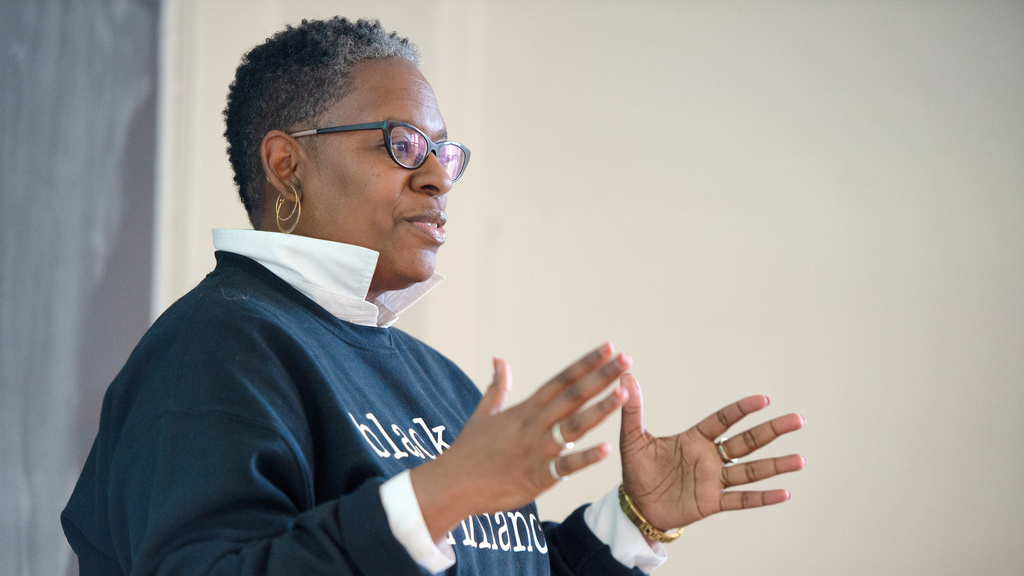Our MSW curriculum prepares social workers for leadership in the profession and for advanced social work practice in one of two specializations:
- Social work clinical practice
- Social work leadership practice
Both specializations allow students to develop advanced skills to work with families and communities and advocate for social change, and both specializations are infused with social justice and other enduring understandings, throughout the curriculum.
In addition, students have many opportunities to develop expertise with specific populations through electives. Electives are organized into several areas of practice: trauma and resilience; children and families; clinical practice; organizational leadership; aging, longevity, and end-of-life care; and higher education and research.
Planning for an area of practice
Students pursuing a specific credential, such as a certificate, should meet with their advisor prior to or during their first semester to determine whether and when they can complete the courses for a credential.
Regardless of whether you are pursuing a specific credential, it is important to understand:
- Many electives are offered once a year or, sometimes, every other year.
- An elective may not be offered at all School of Social Work centers.
- An elective may be cancelled due to low enrollment.
- Many electives are offered during summer session only.
- Academic advisers do not know whether an elective course will be offered prior to its posting on MyUI.
Interested in a combined program?
Expand your impact with a combined degree in social work. Pair your MSW with urban planning, an MBA, a PhD, or law to broaden your expertise and career opportunities.






